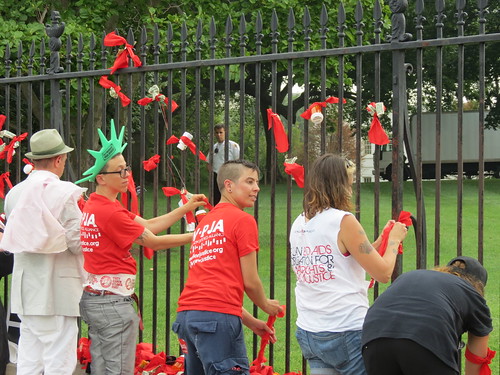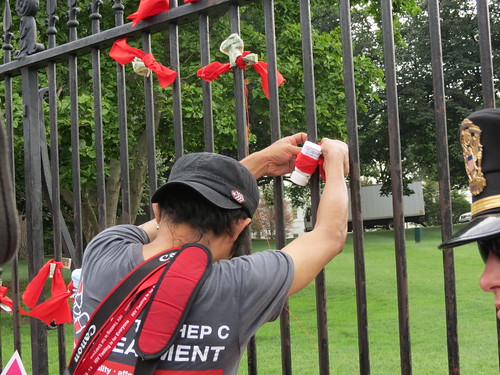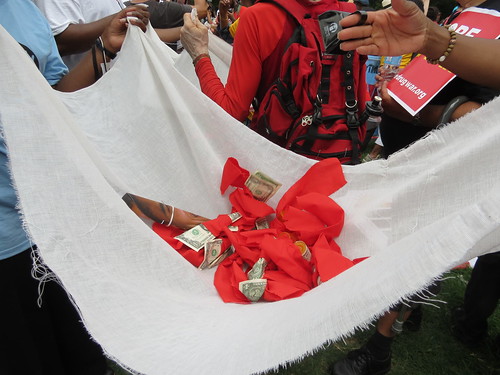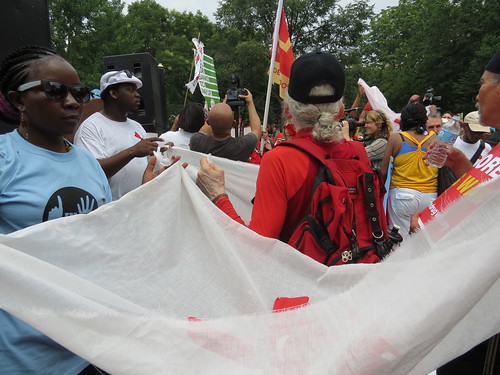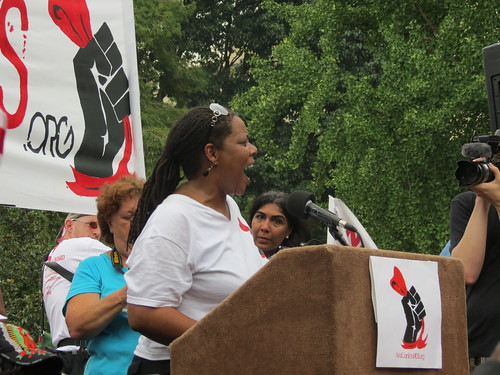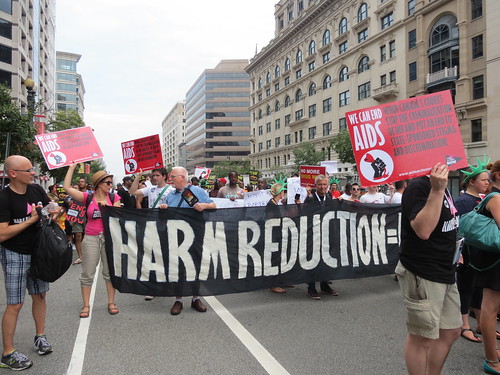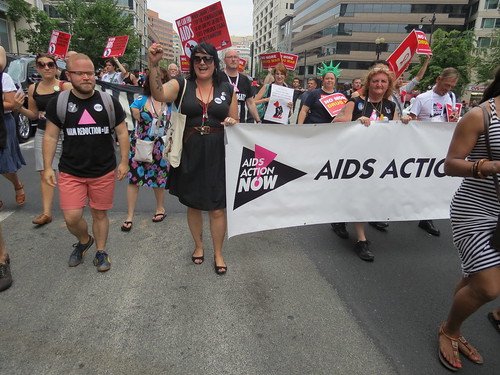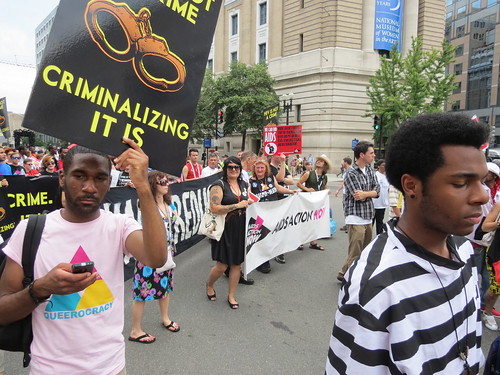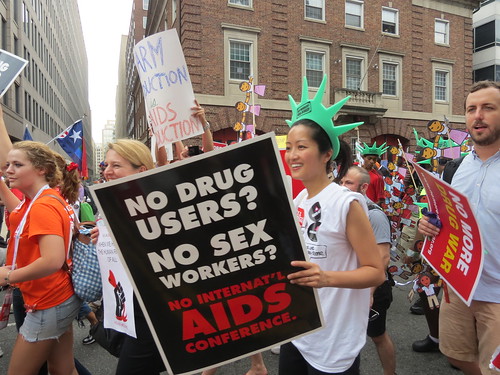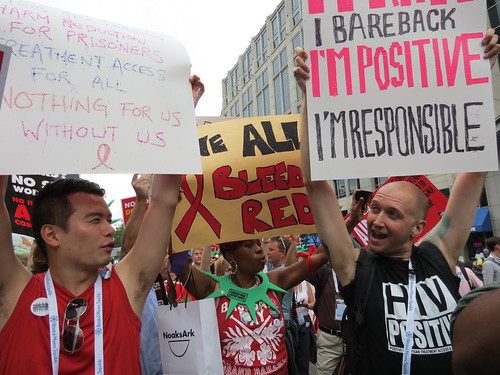July 28 2011
Dear Rob Ford and the Executive Committee,
We are concerned that the recent KPMG report suggests that the Community Partnership and Investment Program (CPIP) and the AIDS and drug prevention grants associated with it are not an essential part of the City of Toronto. As a person living with HIV and as a representative of a group of residents of Toronto who are concerned about issues related HIV, Hepatitis C, and the health and wellbeing of marginalized groups, we want to make sure you and the Executive Committee understand that to us, these grants are an essential part of life in Toronto for thousands of people.
There are currently over 17,000 people with HIV living as residents in Toronto. Many people who have HIV also have Hepatitis C. These people come from all different walks of life, they pay taxes, vote, live in the suburbs and downtown, and invest in this city. Many are from disadvantaged and marginalized populations and face a great deal of difficulties. This makes life for them, their families and their children, uncertain. Some of these uncertainties can create the conditions where HIV is more likely to be transmitted onto others. In a recent study, 68% of black HIV-positive women reported going without medical care because they could not afford it. The services that provide support to these populations are an essential part of support to residents of our city. Investing in the health of people living with HIV and Hepatitis C is a good investment for our city.
If these grants were no longer provided by the city, we would lose not only food programs, programs for women, and newcomers. We would lose proven methods of reducing HIV transmission and other health issues, such as needle exchange programs. Today, July 28, is World Hepatitis Day. We know that 70% of new infections of Hepatitis C, in Canada, are related to injection drug use. Needle exchange programs are a necessity to cost-effectively protect the health of Torontonians and many are currently funded through the Community Partnership and Investment Program (CPIP).
There is a wide range of scientific evidence indicating that needle exchange and other prevention programs are far cheaper than the cost to take care of people who become sick. As the saying goes, “an ounce of prevention is worth a pound of cure”. Studies estimate that an averted HIV infection saves approximately $150,000 in lifetime medical costs.
These grants are a sound investment in the lives of residents of Toronto and in ensuring government is being fiscally responsible. We call on you today to understand that the CPIP program, the AIDS and drug grants, and the HIV and sexual health services provided by Toronto Public Health are essential to protecting the health of vulnerable people and to Torontonians in general.
During this Toronto-wide service review, we encourage you to make evidence-informed policy decisions that are fiscally sustainable in the long-term. KPMG’s report does not take into account the long-term financial impact of withdrawing these vital grants that support the health and well being of residents of the city that you represent.
HIV and Hepatitis C are on the rise in our city and taking these grants away will dramatically impact the health of our communities, our taxpayers and your voters while costing our city more money in the long-term. You have an opportunity to show innovation, compassion, and fiscal responsibility. Please do the right thing.
With respect,
Alex McClelland
AIDS ACTION NOW!
Steering Committee Member








